Year: 2024
-
Smith Family Women
Joseph Smith grew up in a family with strong-willed women. Among those are two who left some notable records of the early Church, particularly Lucy Mack Smith (his mother) and Katharine Smith Salisbury (his sister). Two recent posts at the Latter-day Saint history site From the Desk discuss these two Smith family women and their…
-
Book of Mormon Historicity, Part 3: Quiet
So I often think about life when I finally finish the book I’ve been working on for a long time. Probably a lot of questions and some unhappiness both from Orthodoxy and ex-Mormons. Both sides may be unhappy that I held such views while serving as bishop. That’s understandable. One point I wanted to address…
-

O’Sullivan’s Law and Latter-day Saint-Adjacent Organizations
Chat-GPT’s rendition of a very strict, orthodox Mormon, right next to a liberal, heterodox Mormon, because even heterodox Mormons still wear buttoned-up, tucked-in shirts evidently. O’Sullivan’s law, one of those cute Internet “laws,” states that “any organization or enterprise that is not expressly right wing will become left wing over time.” Like most Internet laws,…
-
Being a Mormon without Believing in a Historical Book of Mormon, Part 2
Again I make no pretenses to “resolving” this complicated topic and expect plenty of pushback, but, like I said in my last post, I see these conversations as important. It does appear to me that the evidence is contrary to the BoM being historical (I’ll post about that more), and yet I see Mormon practice…
-
A Review: Commentary on the Community of Christ Doctrine & Covenants, Volume 1
I’ve been hunting down resources to use in studying the Doctrine and Covenants, and one of the books I wanted to highlight in that regard is the Commentary on the Community of Christ Doctrine & Covenants Volume 1: The Joseph Smith Jr. Era, by Dale E. Luffman. It is a fascinating glimpse into both the…
-

On Miracles
Elijah calling down fire from heaven, 21st century version Years ago I saw a New Atheist-y meme that showed a cartoon panel of “the power of God across time,” starting with the creation of the world, moving onto the great flood and turning water into wine, and then ending with Christ appearing on toast, with…
-
An Influential Letter You’ve Probably Not Heard Of: Wilford Woodruff to Heber J. Grant, March 28, 1887
Over the last century, for better or worse, we have had four men who became president of the Church while health concerns and/or advanced age made their capacity to carry out the role of Church president questionable. (George Albert Smith, Joseph Fielding Smith, Spencer W. Kimball, and Howard W. Hunter are the four I have…
-
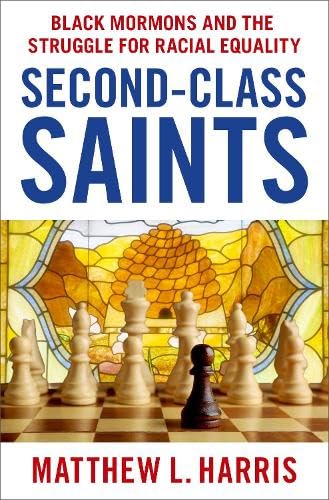
A Review: Second Class Saints
The priesthood and temple ban against individuals with Black African ancestry is a topic that is both fraught and crucial in understanding the history of The Church of Jesus Christ of Latter-day Saints. Matthew Harris’s recently-published Second Class Saints: Black Mormons and the Struggle for Racial Equality provides one of the most in-depth looks at…
-
Cutting-Edge Latter-day Saint Research, July 2024
Clarke, Steve. “When conspiracy theorists win.” Inquiry: An Interdisciplinary Journal of Philosophy (2024): 1-24.
-
John Turner on his Joseph Smith Biography
John Turner is known in Latter-day Saint circles for his biography of Brigham Young and his book The Mormon Jesus: A Biography. Next year, however, he will add to that collection with John Turner’s Joseph Smith biography. Turner recently spoke about the forthcoming biography with From the Desk, and announced that “I loved writing Joseph…
-
Being a Mormon without Believing in a Historical Book of Mormon, Part 1
I think I stopped believing that the Book of Mormon was historical in 2011. I keep a journal, but didn’t write that “event” down. Anyway, sometime around then, but I’ve continued practicing Mormonism. I was called as a bishop in December 2018, so did the bishop thing not believing the Book of Mormon was historical.…
-
Joseph Smith’s Uncanonized Revelations, a Review
Joseph Smith’s Uncanonized Revelations, edited by Stephen O. Smoot and Brian C. Passantino, is a new collection of revelations by or attributed to Joseph Smith. It builds upon the research and publication of documents by the Joseph Smith Papers Project, drawing together the relevant documents into one easily accessible place and providing context for each.…
-

On Pie and Beer Day
Last Utah post for a while, I promise Imagine you lived in the Jewish Autonomous Oblast in Russia, or some other area settled by a historically disenfranchised religious group. Also imagine, if you will, that this Jewish or Muslim or what have you group had a local holiday that celebrated their escape from persecution and…
-
The New Ex-Mormons
We just returned from our yearly-ish pilgrimage to Utah. Trips to Utah are always an opportunity to stick my finger in the air to get a more subjective, qualitative sense of things are going in the Church. Of course, Utah does not equal the Church in so many ways, but it does act as a…
-
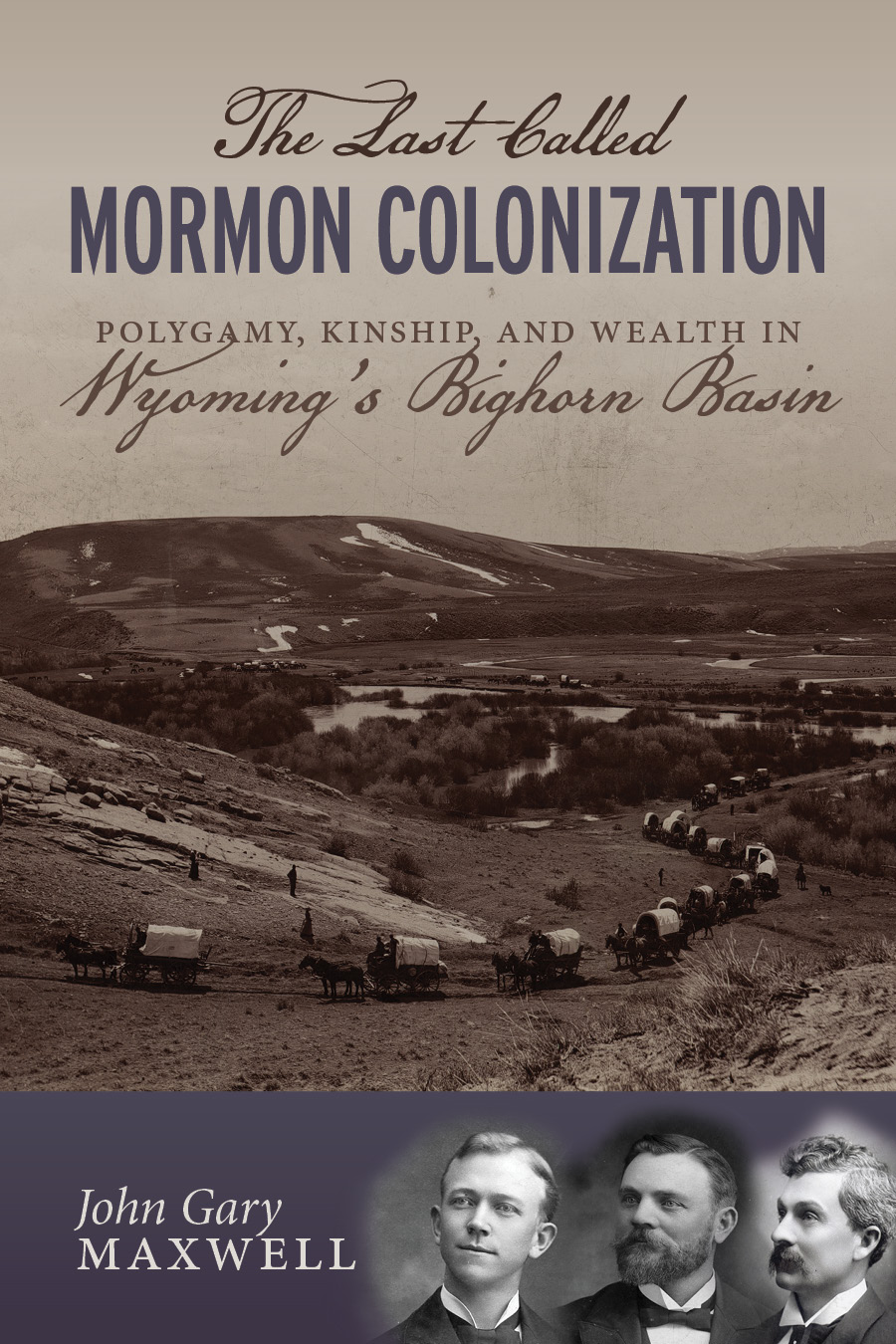
A Review: The Last Called Mormon Colonization
Growing up in Utah, I heard many pioneer stories about my ancestors and their colleagues who traveled west to settle the Intermountain West region. I found, however, that many of the stories focused on the journey itself rather than the years that followed as they established settlements and survived in an arid region. The latter…
-

Misuse of the “Lost Sheep” Parable
People often misuse the Parable of the Lost Sheep, where the Lord leaves the 99 to go after the 1, and draw analogies and connections that don’t make a lot of sense given the premises of the Parable, so I thought I’d make a set of guidelines for logically using the Parable. Note: I have…
-
A Review: Buffalo Bill and the Mormons
Buffalo Bill and the Mormons by Brent M. Rogers is a fun and interesting book about the intersections of “Buffalo Bill” Cody’s life with the Latter-day Saints. The basic idea is that the American superstar, soldier, bison hunter, and showman launched his acting career at a time when anti-Mormon propaganda had become a profitable and…
-
The 1978 Priesthood Revelation Process
The term “revelation” in The Church of Jesus Christ of Latter-day Saints is a word with multiple interpretations, as can be seen in the process that led to the 1978 priesthood revelation.
-

To Live in Utah or not to Live in Utah? The Grand Debate
I asked Dalle-3 to “Create two images side-by-side, one representing Utah in a good light and one representing Utah in a bad light. Show me images that show bad things particular to Utah and good things particular to Utah, instead of just generic bad and good things.” In the image it generated “the left side…
-
Thoughts on the First Batch of New Hymns
I have wanted to share my thoughts on the first batch of hymns and songs released by the Church as candidates for the New Latter-day Saint Hymnbook (and I would love to hear your thoughts as well).
-
Wilford Woodruff and the Founding Fathers
While Wilford Woodruff has only one canonized document in Latter-day Saint scriptures (Official Declaration 1), he did record a number of visions and revelations of his own. Perhaps the best-known among these is his vision of Wilford Woodruff and the Founding Fathers that led him to do proxy temple work for them and other eminent…
-
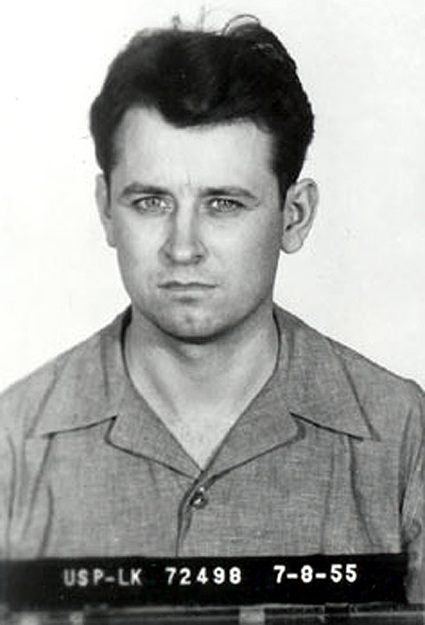
Interesting Wikipedia Articles About Latter-day Saints
Martin Luther King Jr.’s Murderer, Ex-Mormon (according to Wikipedia) James Earl Ray A recent project of mine has been to figure out a way to generate a list of all Wikipedia articles that mention the word “Mormon” or “Latter-day Saint” so that we can generate the comprehensive compendium of all things Latter-day Saint/Mormon on Wikipedia. …
-
The Latter-day Saint Chicago Experiment
The Chicago Experiment was an effort to train some of the best teachers in the Church to the academic standards of Biblical Studies applied elsewhere in Western Civilization during the 1930s. The results were mixed, with some of the scholars going on to improve the Church Education System, while others struggled to reconcile what they…
-
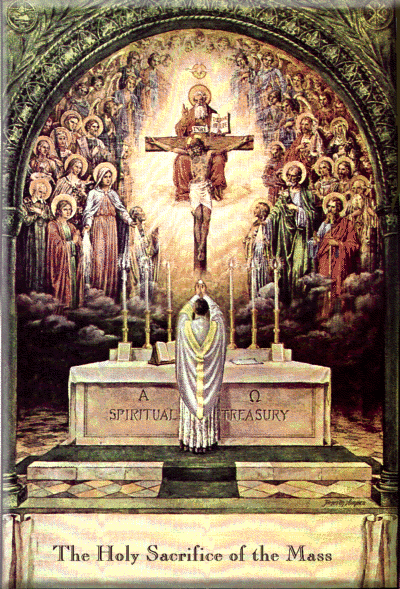
The Endowment and the Traditional Latin Mass: Beauty, Holiness, and Structure
Due to some things I’m involved in, I recently attended a Traditional Latin Mass (TLM). For the uninitiated, after Vatican II the Catholic Mass was changed to be more user-friendly. It was conducted in the vernacular instead of Latin and was shortened. While in the past the priest traditionally faced towards the East as he…
-

All Indians Today Descend From Lehi
As the children of Lehi and Sariah intermarried with first Ishamel’s offspring and then their children intermixed with the natives of the Americas, what has been the result genetically after 2,600 years? Are the American Indians encountered by the Europeans in 1492 and beyond also descendants of Lehi and Sariah?
-
Cutting-Edge Latter-day Saint Research, June 2024
Greenhalgh, Spencer P., and Amy L. Chapman. ““Come for the Memes, Stay for Defending the Faith”: Far-Right and Anti-Feminist Red Pill Influences in the# DezNat Twitter Hashtag.” Mormon Social Science Association: 2:1.
-
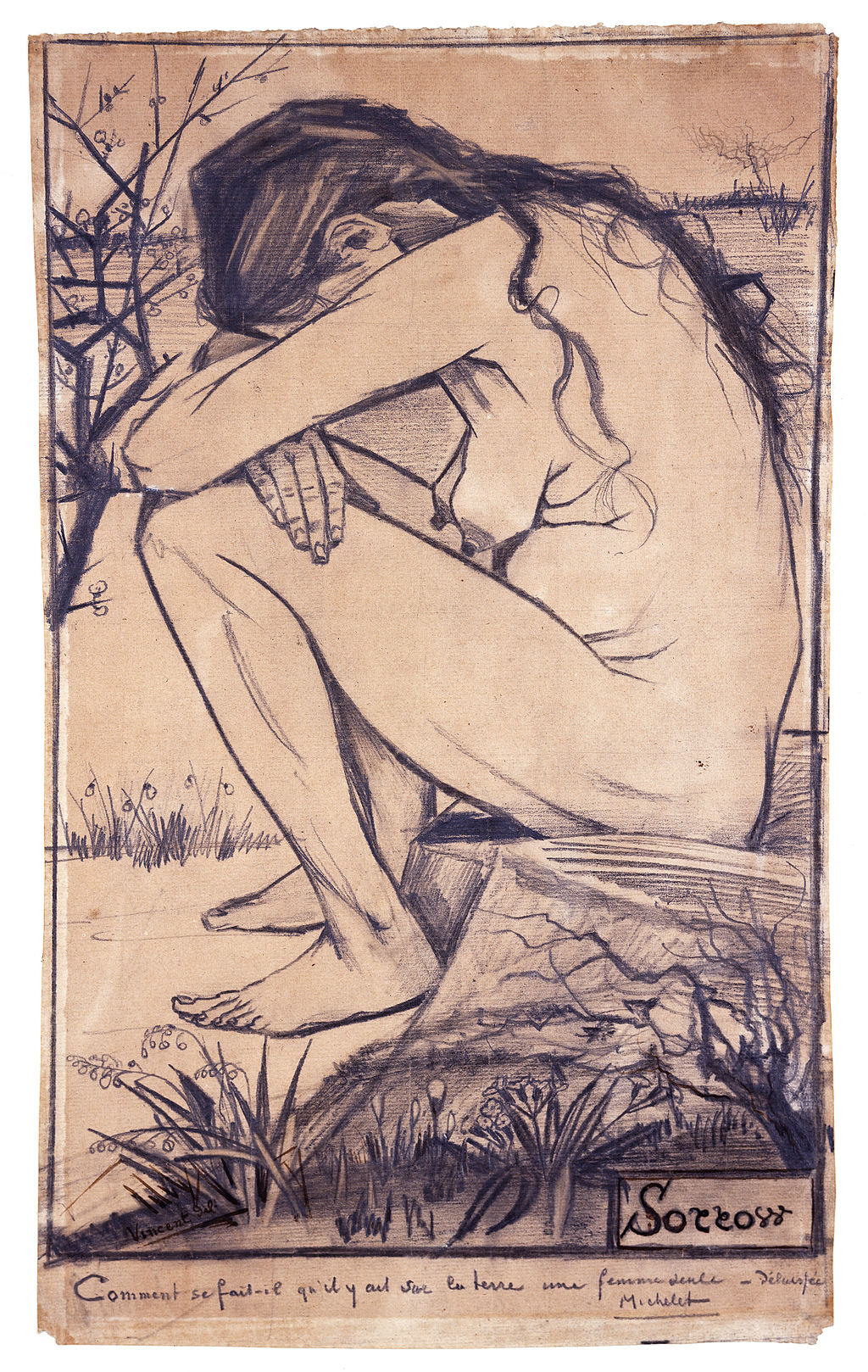
Sien Hoornik, Vincent Van Gogh, and Making All Things New
Sorrow, a Van Gogh drawing of a pregnant Sien Hoornik Selling only one painting during his lifetime, Vincent Van Gogh has become the archetype of the tortured genius not appreciated until after his death. His long-running mental health problems have been the subject of movies and ballads (with one moving example being Don McLean and…
-

Wedding Rings as Symbols
I’ve attended my fair share of Latter-day Saint weddings in Utah and there is one common element that has puzzled me.


